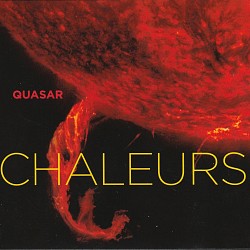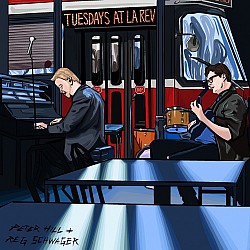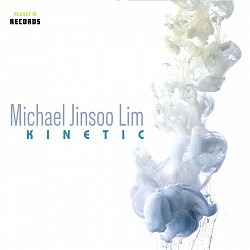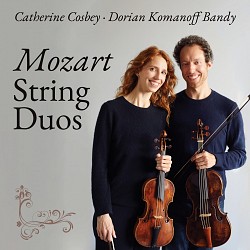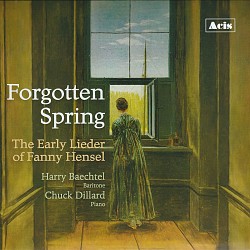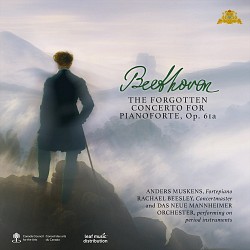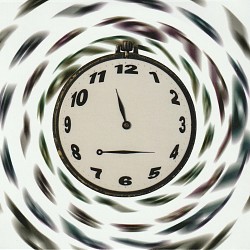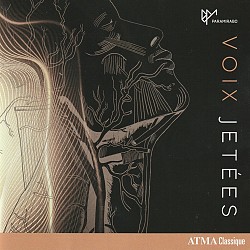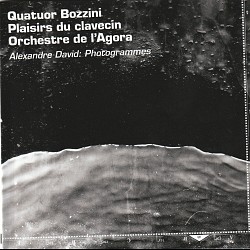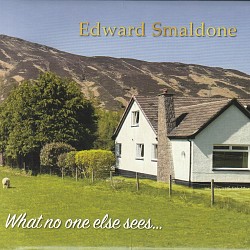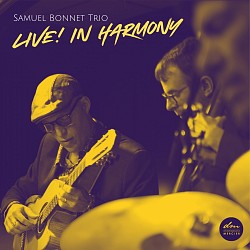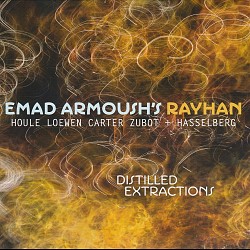Voix Jetées - Paramirabo; Sarah Albu
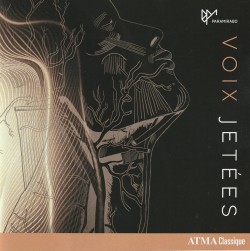 Voix Jetées
Voix Jetées
Paramirabo; Sarah Albu
ATMA ACD2 2887 (atmaclassique.com/produit/voix-jetees)
Read the Review
Not to wade into politics, but a movement has been afoot in early 2025 to “buy Canadian,” a citizenry reaction that is perhaps equal parts jingoism and an extended middle-finger to our neighbours to the south. And if such a nationalistic approach works for the purchase and consumption of beer and groceries, then why not for music too? As such, add Voix jetées by Montreal’s Ensemble Paramirabo to your list, as this excellent chamber music group serves up a compelling selection of largely contemporary Canadian classical pieces on its newest, and fifth, recording.
Under the fine artistic direction of flutist Jeffrey Stonehouse, Paramirabo’s six musicians (plus guest vocalist Sarah Albu on Keiko DeVeaux’s haunting L’écoute du perdu) traverse musically through five new pieces penned by a cohort of exciting young composers. While the specific compositional styles vary, of course, with avant-gardism (Nicole Lizée’s Music for Body-Without-Organs), chamber ensemble interplay, and the bio- or eco-musical “natural sounds” of whale cries (Jared Miller’s Leviathan) all represented beautifully, it is cohesive ensemble playing and an assured sense of musicianship that unite this terrific 2024 ATMA Classique release. Further, according to Stonehouse’s liner note comments, it is constructs of memory and the displacement of self that thematically cleave together the selection of pieces heard here, representing some of Ensemble Paramirabo’s most performed repertoire of the last five years. Good for Stonehouse and ATMA for immortalizing these sounds on this fine digital capture.

